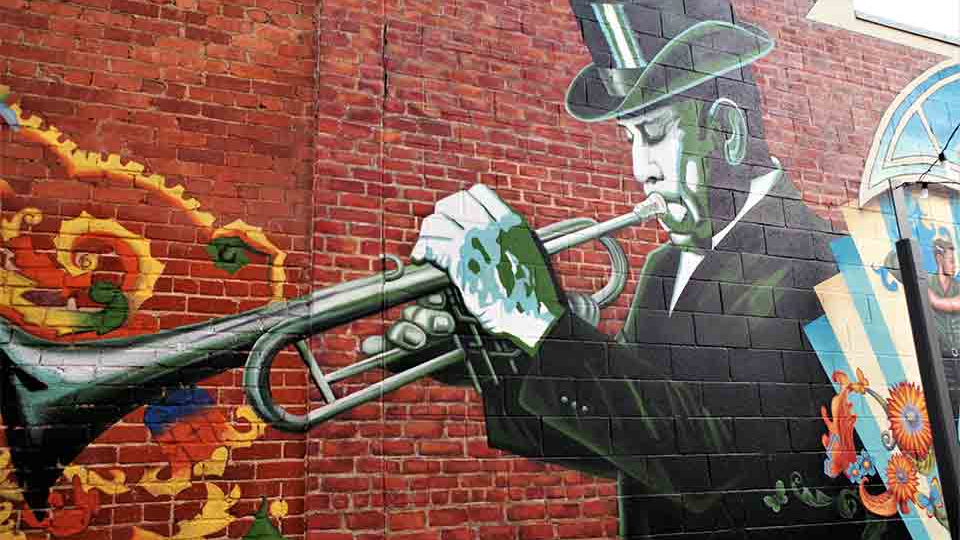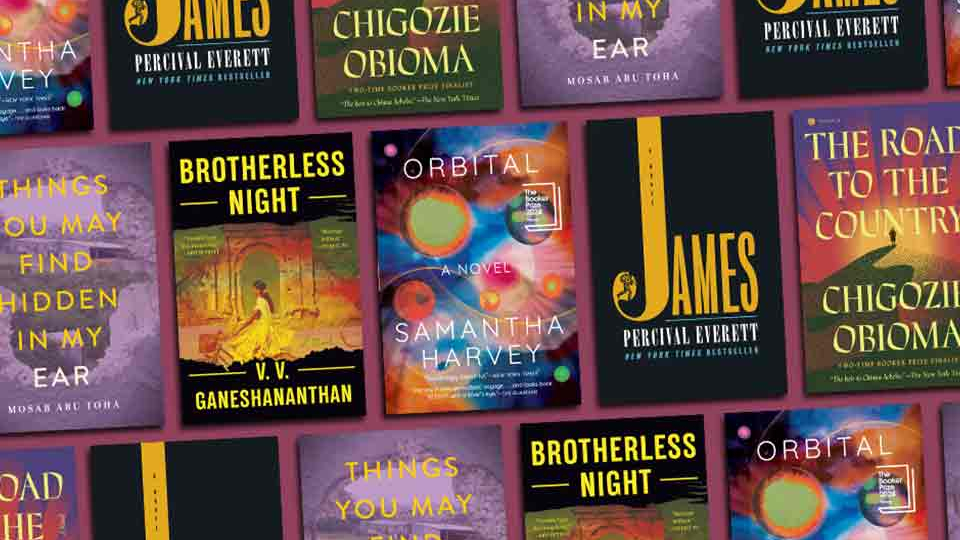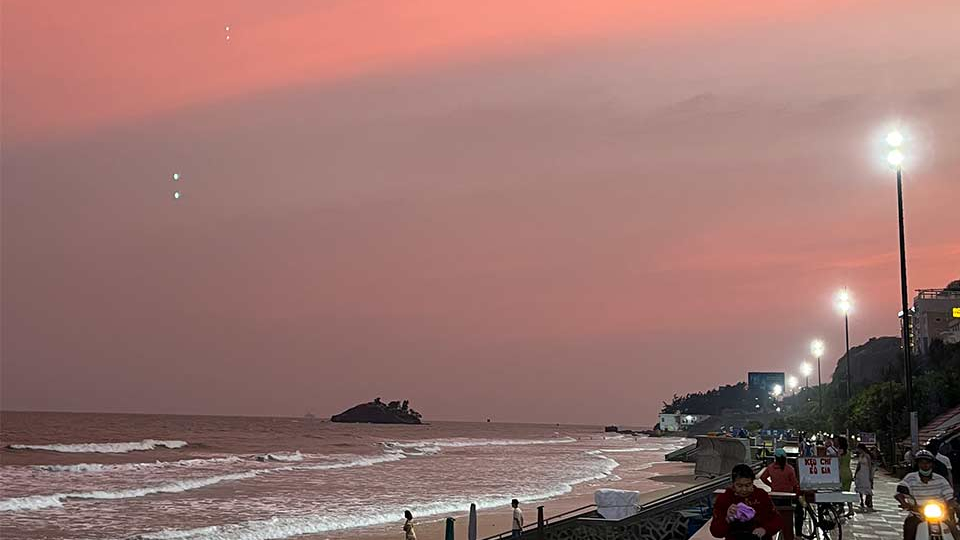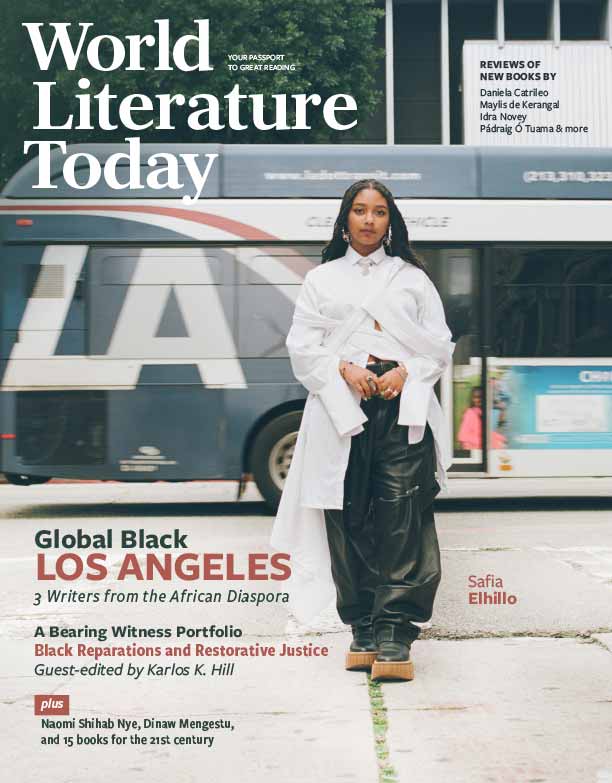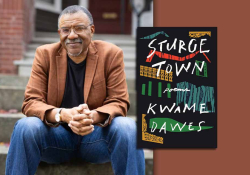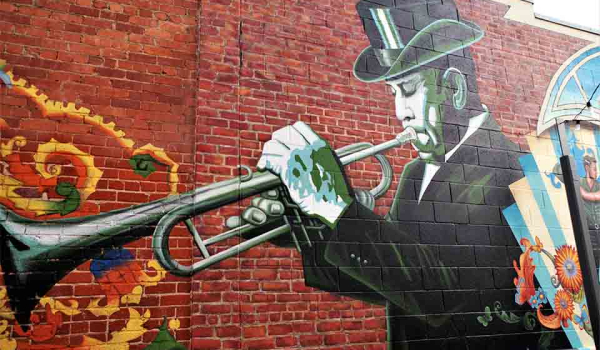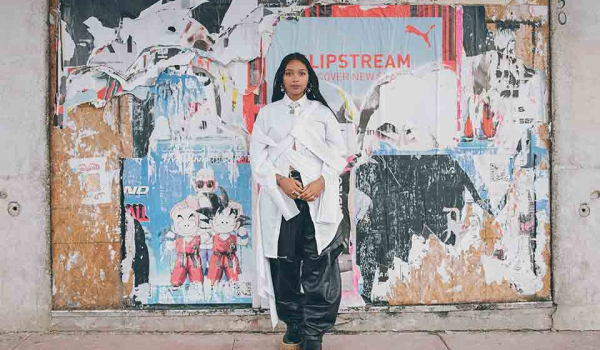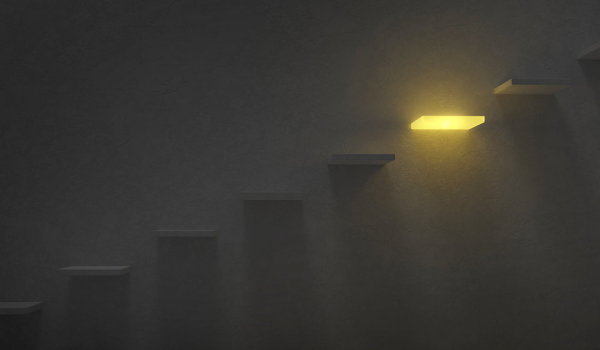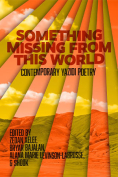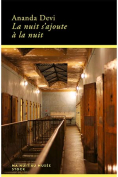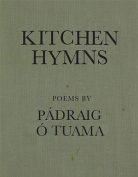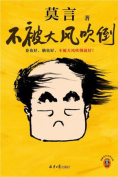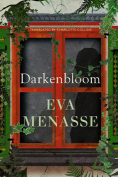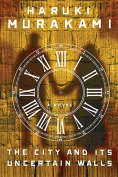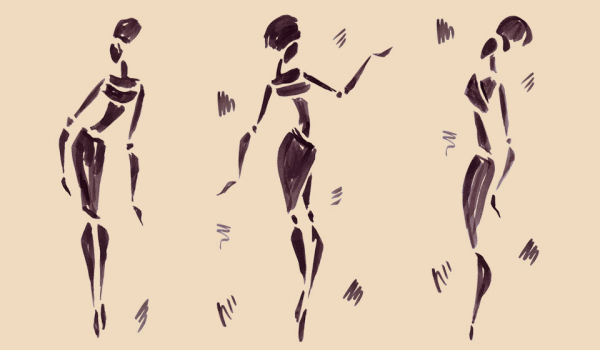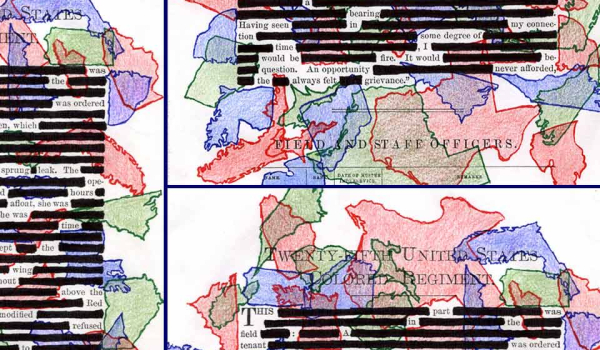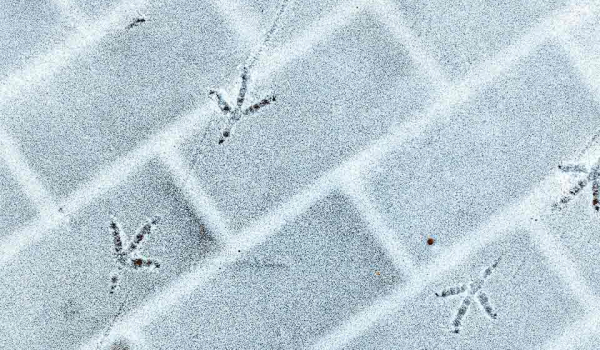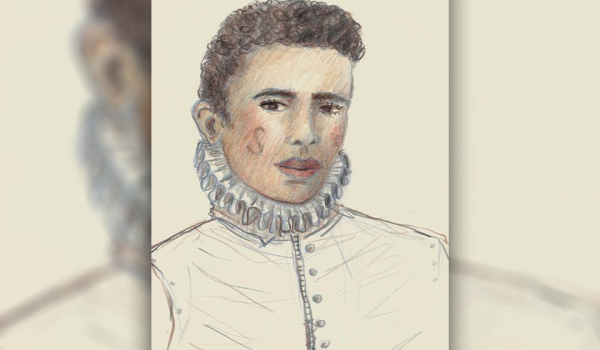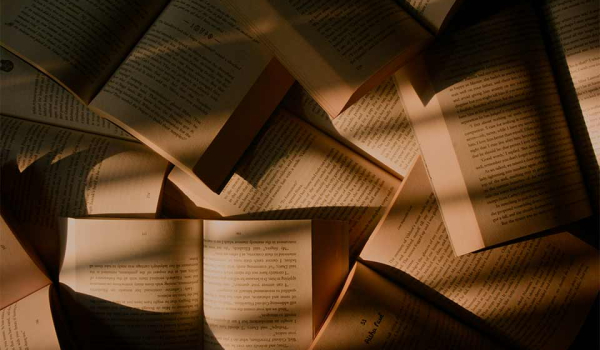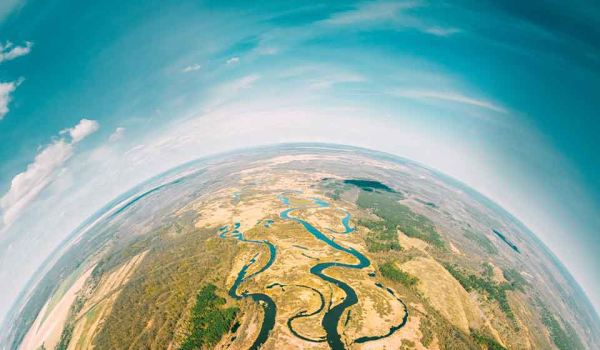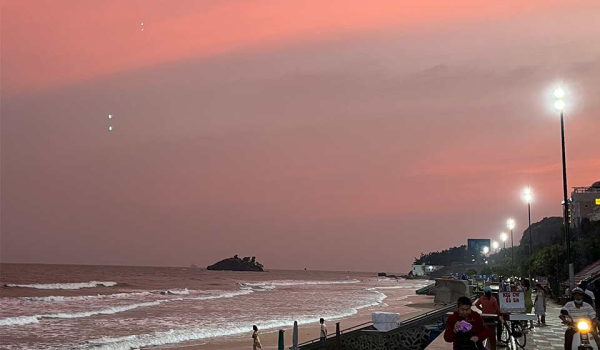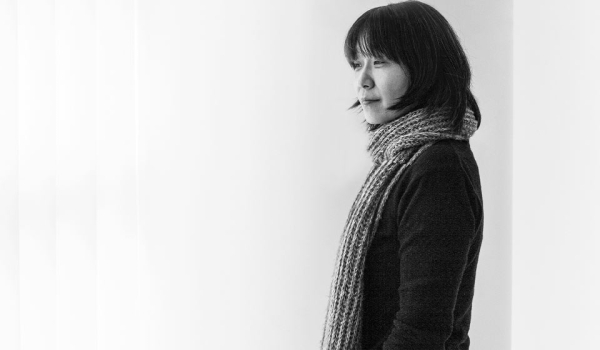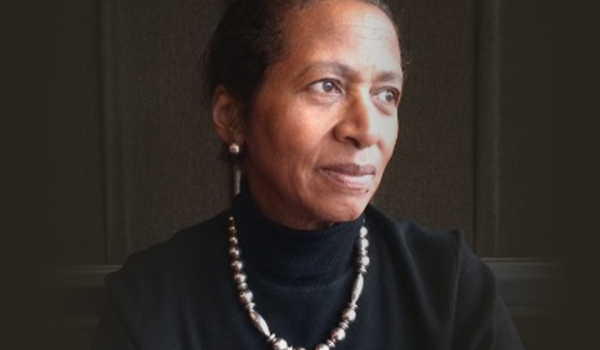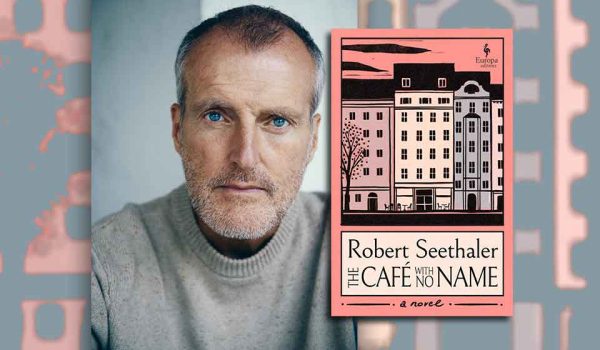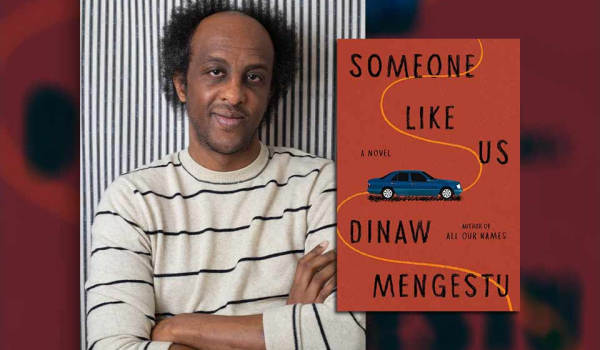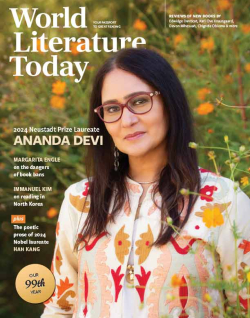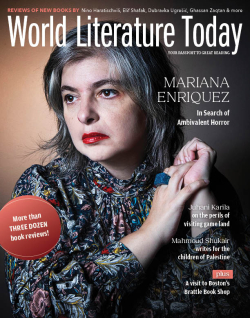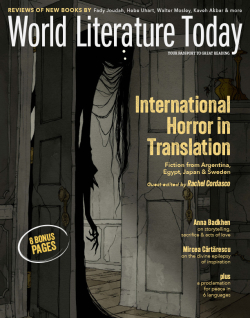In his recent essay collection Rumeurs d’Amérique (2020), Congolese-born writer Alain Mabanckou surveys LA from the balcony of his apartment while also looking east to the United States, France, the DRC, and beyond.
it’s the first time in weeks i’ve been / able to stay all day on my feet & this / makes me want to say yes & keep / saying it,” from “First Warm Sunday of the Year,” by Safia Elhillo
Karlos K. Hill interviews UCLA sociologist and Black Studies professor Marcus Anthony Hunter, who has has produced a manifesto for the burgeoning movement calling for reparations.
“you dance / because your bellies are empty . . . / that’s how you fight loneliness & the biting economic meltdown . . . / you men with villages of wives,” from “the dance,” by Vonani Bila
This erasured handmade map was crafted through and over Samuel Penniman Bates’s chapter on the 25th United States Colored Regiment in his History of Pennsylvania Volunteers, 1861–65 (first published in 1869).
“On the last solar term of autumn / so many good things are disappearing / The birds have printed their footsteps on the frosted tiles,” from “Frost‘s Descent,” by Ma Yongbo (trans. by Zack Rogow)
Right and Left; or, Of Mystics and Politicians
This is the true story of Elena de Céspedes, an alchemist, tailor, surgeon, and soldier, who was a hermaphrodite and the first woman (?) physician in Spanish history.
(books read when drunk)
Avid reader Andor Femin and the narrator of this flash fiction don’t always see eye to eye, but their observations about reading are always amusing.
In his plea for the planet, in which “humans understand themselves as a harmonious part of the Earth, neither more nor less than other animals, plants, and rocks,” Spanish writer Ernesto Pérez Zúñiga advocates a new geo-humanism that restores nature to the center.
The author’s childhood ended, more or less, on the beach of Vung Tau, Vietnam, “where magic and prayers failed.” In this lyric essay, he returns to the scene as a double refugee—in person and in memory.
“Han Kang’s literature is a genre in its own right. In fact, she was a poet before she became a novelist. The literary trail she has followed is characterized by a tenacious poetic language composed of all-white bones blasting the past. ”
Historic Black Santa Monica: A Conversation with Leana Brunson-McClain
Karlos K. Hill interviews Leana Brunson-McClain, who reflects on the vibrant Santa Monica Black community that was and her efforts to preserve its fading memory.
9 Questions for Robert Seethaler
An interview with Robert Seethaler, whose novel, The Café with No Name, was a number-one seller in Germany and enjoyed forty weeks on the Spiegel best-seller list.
